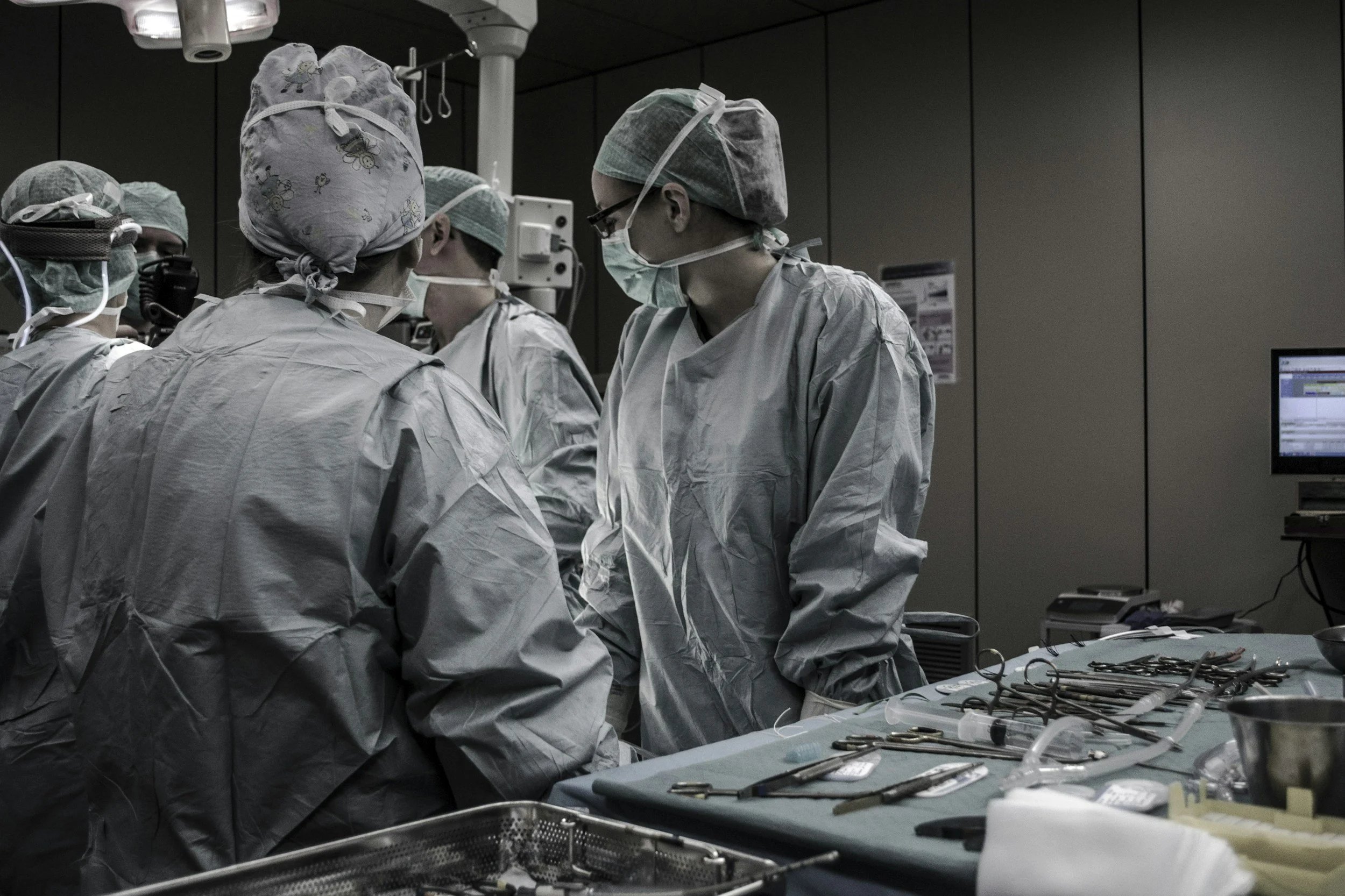
The best problems to solve are your own
One of the hardest parts of being a caregiver isn’t the care itself. Rather, it’s the coordination and communication involved. In 2023, my grandma lived with my sister in Florida, I was in Virginia, my brother was serving overseas, and my parents were five hours south of my sister. Coordinating something as basic as a doctor’s visit became a logistical nightmare. Language barriers and continuity of information added to the challenge. As I step into a full-time caregiving role, I’m realizing the best problems to solve are your own.
In this article, I'd like to share a bit more into my experience, notably the challenges, in hopes that we create better solutions for other caregivers and their loved ones. As a bonus, I recently launched a caregivers app (link) for myself and my family to use to mitigate some of the problems we've identified as a nod to Paul Graham's 2012 essay: How to Get Startup Ideas.

Using FHIR to Optimize Clinical Artificial Intelligence
I have to admit, I have a lot of #FOMO with the ubiquitous hype of artificial intelligence (AI). Especially its use in healthcare. It's exciting to see the variety of applications explored, notably those from large language model (LLM)-based, foundation models, like ambient scribes and semantic search, but I'm most intrigued with clinical reasoning. I'm also extremely skeptical of deploying them into production use cases in our healthcare systems from a safety and efficacy perspective.
Because of this, I've actually embarked on a bit of a side quest in 2024 to focus my efforts in diving deeper into Fast Healthcare Interoperability Resources (FHIR) because I think that it allows us to aggregate higher quality data from disparate systems that can be used to create benchmark datasets for improving these foundation models.
In this article, I want to explore a few thoughts I have about training, evaluating, and deploying clinical AI, with a focus on clinical reasoning, into production systems. For the purposes of this article, I use LLMs, foundation models, and clinical AI interchangeably with clinical AI focusing on the reasoning application.

Path of The Clinician Engineer
I've spent the vast majority of my career training to become a pharmacist, and subsequently, an informaticist. However, in the last 6 years - especially the last 2 - my curiosities have led me down very different, technical paths that bridge the healthcare and technology industries. During this time, I've also struggled to put into words what exactly I was training to become, but also, what I wish I would have done differently knowing what I know now.
In this article, I'd like to very briefly explore my current, and very rudimentary, ideation of what I'd like OpenClinTech to become: the central hub for training clinicians that want to be at the forefront of developing technology solutions that solve complex healthcare problems. The Clinician Engineer.

Health Tech: The Grass Isn't Always Greener on the Other Side
Ever since I made the transition myself from the healthcare industry into tech (healthcare focused), 1.5 years ago, I've been fairly positive about my experiences and very supportive of others, primarily healthcare professionals, that were interested in making the pivot themselves. However, I think it may be unfair of me to only share the positives and not the negatives - or rather - reasons why you may want to reconsider pivoting to tech. In this article, I want to briefly expand on those thoughts.
